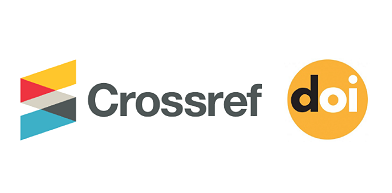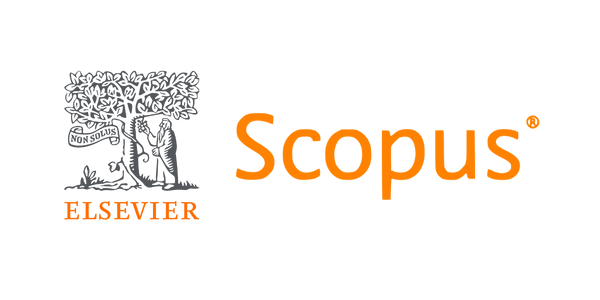Dietary Diversity Among Women of Reproductive Age Selling in Selected Markets within Uyo Metropolis, Nigeria
DOI:
https://doi.org/10.61386/imj.v18i2.659Keywords:
Minimum Dietary Diversity - Women, Women of reproductive age, Food groups, Market traders, UyoAbstract
Context: Poor dietary intake practices often observed among market traders can impact negatively on dietary diversity, and subsequently on nutritional problems of women of reproductive age selling in markets.
Objective and Method: Dietary diversity, measured using the Minimum Dietary Diversity - Women was assessed among women of reproductive age selling in four selected open markets in Uyo metropolis in a descriptive cross-sectional study. Consumption of ≥5 food groups was considered to meet the requirement for adequate dietary diversity.
Results: A total of 325 women with a mean age of 32.20 years participated in the study. Dietary intakes were based primarily on starchy staples (100.0%) and flesh foods (45.2%), with moderate intakes of pulses (35.4%); nuts and seeds (29.2%) and vitamin A-rich dark green leafy vegetables (25.4%). Only 16.6% of women attained adequate dietary diversity. Consumption of individual food groups differed significantly based on the following factors: nuts and seeds (p = 0.042); eggs (p < 0.001) and other fruits (p = 0.007) differed across markets; other vegetables group (p = 0.016) differed based on age groups; nuts and seeds (p = 0.008) differed based on education; flesh foods (p=0.006) and eggs (p = 0.013) differed based on income while consumption of all dairy (p = 0.044) differed based on marital status.
Conclusion: Dietary intakes of women in this study were restricted to few food groups, hence low dietary diversity. Nutrition education package that emphasizes the importance of diversified diets, and include meal planning guides with cooking demonstrations can improve dietary diversity in the setting.
Downloads
Published
License
Copyright (c) 2025 Nkereuwem Ndaeyo Ekerette, Akaninyene Uwemedimo Udo, Mary Okon Ikotidem

This work is licensed under a Creative Commons Attribution 4.0 International License.










